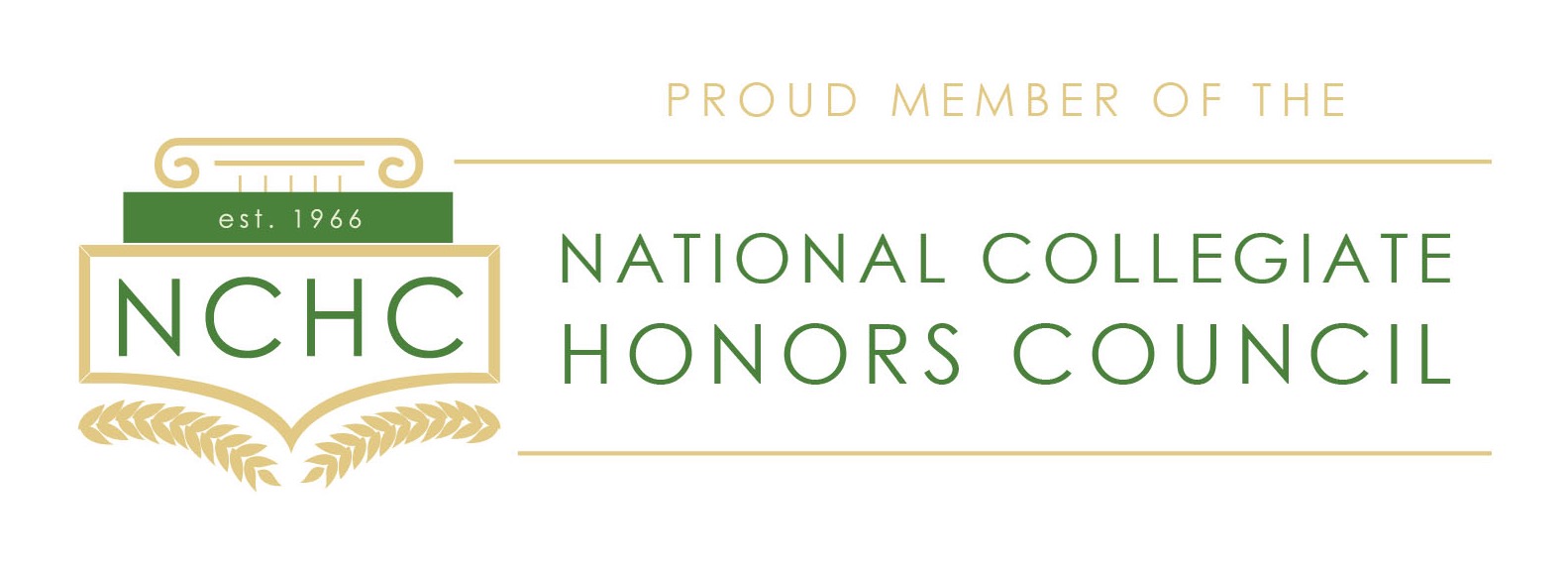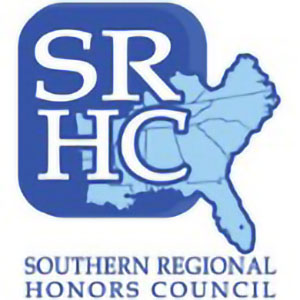Maximize your academic experience
Mission Statement
The Honors Program at Fayetteville State University promotes inclusive excellence, recognizing and rewarding outstanding achievement throughout the curriculum. The Honors Program creates incentives for all students to achieve at a level that leads to graduation with distinction. The Honors Program also provides opportunities for high-achieving students to enrich their educational experience through research or creative activity, experiential learning, and co-curricular engagement. The Honors Program prepares students to excel in their careers, become civic leaders, and to achieve overall personal well-being.
New Incoming Students Application
FSU Honors Program Application AY 2026/2027 (New Incoming Students - Freshmen) – Fill out form
Current and Transfer Student Application
FSU Honors Program Application AY 2026/2027 (Current/Transfer Students) – Fill out form
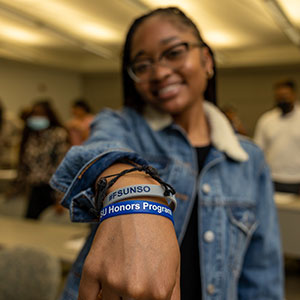
128
Student Members
90%
Merit Scholarship Recipients
3.6
Cumulative GPA of Honors Program Scholars
Requirements
- 3.5 unweighted high school GPA or in the top 10% of graduating class
- Strong record of extracurricular activities
- Complete a minimum of 15 hours each semester OR 30 credit hours per academic year
- Participate in Honors Program activities to accumulate 15 points per academic year
- Complete all Honors Program yearly focus
Perks
- Priority Housing
- Honors Program resource room
- Priority Registration
- Discipline specific research experience
- Group Social Outings
- Personal and career development workshops
- Cultural learning experience/outreach

Assistant Professor
Broadwell College of Business and Economics

Professor
Lloyd College of Health, Science, and Technology
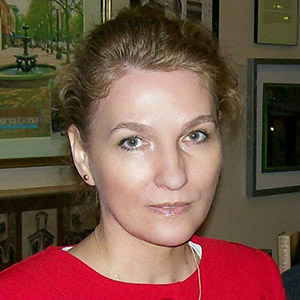
Associate Professor
College of Humanities and Social Sciences

Assistant Professor
College of Education

Assistant Professor

Associate Professor
College of Humanities and Social Sciences

Associate Professor
College of Humanities and Social Sciences
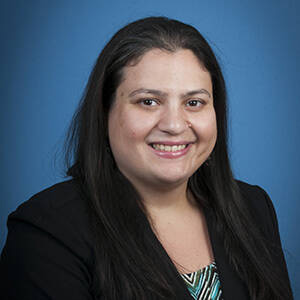
Associate Professor
College of Humanities and Social Sciences
Coming soon
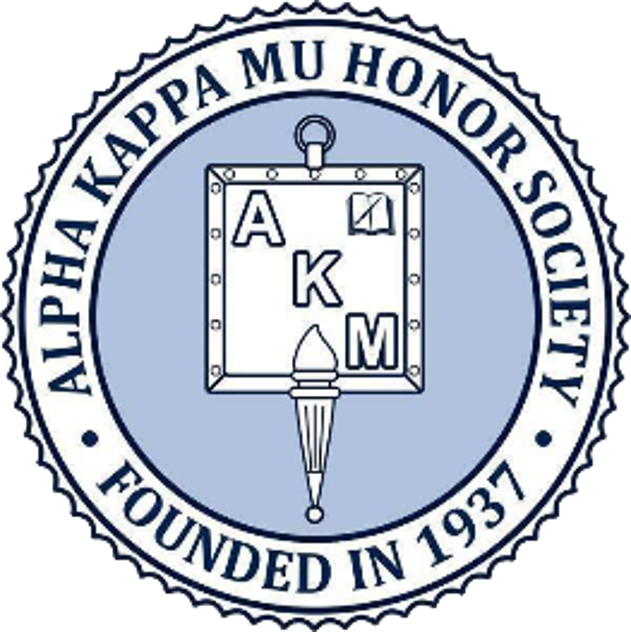
Alpha Kappa Mu Honor Society
Alpha Kappa Mu Honor Society (Rho Beta Chapter) National general scholarship honor society open to juniors/seniors in all academic areas to promote high scholarship; to encourage sincere and zealous endeavor in all fields of knowledge and service; to cultivate a high order of personal living, and to develop an appreciation for scholarly work and scholarly endeavor in others.
Membership Criteria
- Junior/Senior
- Complete minimum 50% of credit hours at FSU
- minimum cumulative GPA of 3.3
FSU Honors Club
Additional Information
New Incoming Students Application
FSU Honors Program Application AY 2026/2027 (New Incoming Students - Freshmen) – Fill out form
Current and Transfer Student Application
FSU Honors Program Application AY 2026/2027 (Current/Transfer Students) – Fill out form
Donations
Memberships
